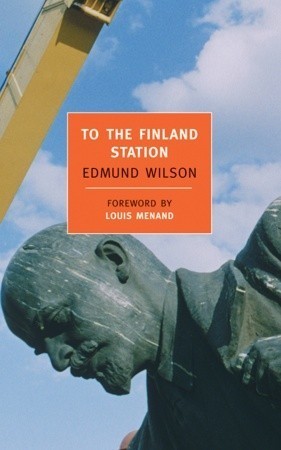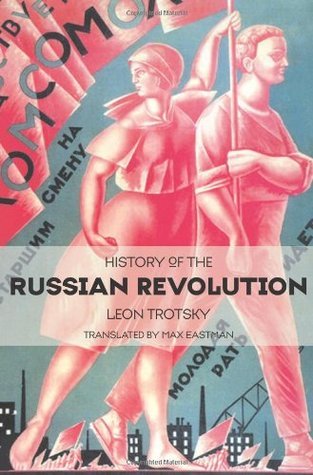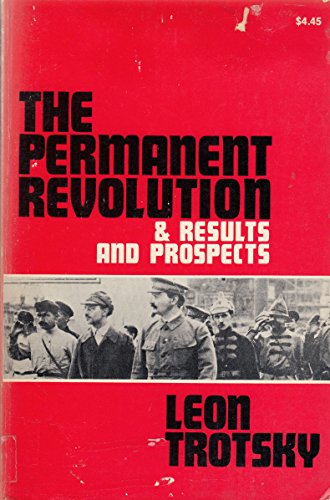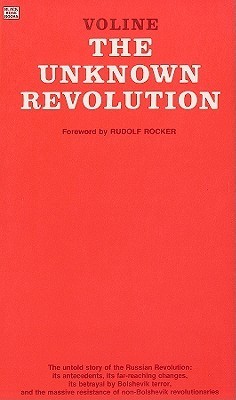
To the Finland Station
Book Description
Revolution pulses through the pages of "To the Finland Station," where the dramatic rise of socialism collides with the turmoil of war and revolution. As idealists and opportunists navigate betrayal and brilliance, heroes emerge from the shadows, shaping the destiny of nations. Wilson masterfully weaves the stories of visionary thinkers like Marx and Lenin against a backdrop of upheaval, revealing the fierce struggle for a new world order. With each page, the stakes escalate, leaving readers breathless. Will the zeal for change triumph, or will the chaos consume those who dare to dream?
Quick Book Summary
"To the Finland Station" by Edmund Wilson is a sweeping intellectual history tracing the evolution of revolutionary thought from the Enlightenment through the Russian Revolution. Wilson explores the lives, ideas, and writings of pivotal thinkers like Michelet, Marx, Engels, Lenin, and Trotsky, who advanced the cause of socialism and radical change in Europe. The book interweaves biography, history, and philosophy to illustrate how the dream of a just society was forged in the crucible of political oppression and economic upheaval. Wilson reveals the personal ambitions, conflicts, and triumphs of these revolutionary figures, setting their struggles against a backdrop of wars and shifting empires. Through detailed narrative and analysis, the book captures both the aspirations and the tragic complexities of those who dared to reshape the world, culminating in Lenin’s return to Russia and the feverish dawn of revolution.
Summary of Key Ideas
Table of Contents
The Evolution of Revolutionary Thought
Edmund Wilson begins by tracing the roots of revolutionary thought in the Enlightenment and Romantic eras. He examines figures such as Jules Michelet, whose histories inspired optimism about human progress and national rebirth. The narrative delves into France’s volatile political climate, where intellectuals and activists wrestled with the failures of earlier revolutions and the enduring appeal of transformative ideas. Wilson situates these early experiments with change as fertile soil from which more radical doctrines like socialism would later emerge.
Personalities Behind the Revolution
The book pivots to the personal stories and intellectual journeys of Karl Marx, Friedrich Engels, and their contemporaries. Wilson offers insights into Marx’s passion for social justice and his relentless drive to create a scientific critique of capitalism. The partnership between Marx and Engels is explored in depth, highlighting their collaborative writing and political maneuvering. This section renders them not just as dry theorists but as deeply human individuals, motivated by both ideological conviction and their lived experiences of industrial Europe’s upheavals.
Ideas in Action: From Theory to Practice
Wilson discusses how revolutionary thought transitioned from utopian ideals toward practical revolutionary movements. The narratives of figures like Auguste Blanqui and Ferdinand Lassalle illustrate the challenges of organizing, agitating, and sustaining political momentum. Wilson details the formation of revolutionary organizations and the complexities that arose as intellectual visions confronted real-world obstacles, including state repression and internal discord. The book explores how these activists attempted to transform abstract theory into concrete action, often at great personal risk.
The Crucible of History and Politics
A critical portion of the book is devoted to the emergence and ascendancy of Marxism as a dominant force within European leftist politics. Wilson charts the influence of Marxist doctrine on successive generations, from Russian populists to European social democrats. He examines the intellectual debates, schisms, and adaptations that shaped Marxism’s spread. Wilson illuminates how the fusion of theory and political strategy enabled new forms of mass mobilization and ideological coherence within the revolutionary movement, setting the stage for cataclysmic change.
The Rise and Impact of Marxism
The narrative crescendos with Lenin, Trotsky, and the Russian revolutionaries who brought theory into practice on an unprecedented scale. Wilson follows Lenin’s journey ‘to the Finland Station’ as symbolic of the revolution’s triumph. He portrays the Russian Revolution as the culmination of centuries of philosophical ferment and political struggle. The book concludes by reflecting on the immense stakes and ambiguous legacy of these events, considering both the hopes ignited and the perils unleashed by the quest to remake society.
Download This Summary
Get a free PDF of this summary instantly — no email required.





